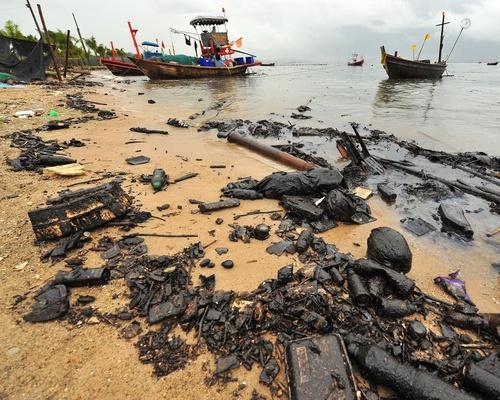A new research article by CSSN scholar Debra Javeline and coauthors shows that global risks from toxic pollution and climate change are highly correlated and should be jointly analyzed in order to inform and better target efforts to reduce or mitigate both risks.
Authors: Richard Marcantonio, Debra Javeline, Sean Field, Agustin Fuentes
Abstract
Previous research demonstrates that low-income countries face higher risks than high-income countries from toxic pollution and climate change. However, the relationship between these two risks is little explored or tested, and efforts to address the risks are often independent and uncoordinated. We argue that the global risks from toxic pollution and climate change are highly correlated and should be jointly analyzed in order to inform and better target efforts to reduce or mitigate both risks. We provide such analysis for 176 countries and found a strong (rs = -0.798;95%CI -0.852, -0.727) and significant (p<0.0001) relationship between the distribution of climate risk and toxic pollution. We also found that inequities in pollution production, economic status, and institutional readiness are interconnected and exacerbate risk for countries already in the highest risk categories for both toxic and non-toxic (greenhouse gas) pollution. The findings have policy implications, including the use of the proposed Target assessment to decide where best to address toxic and non-toxic pollution simultaneously, based on the need to minimize human suffering and maximize return on effort.



